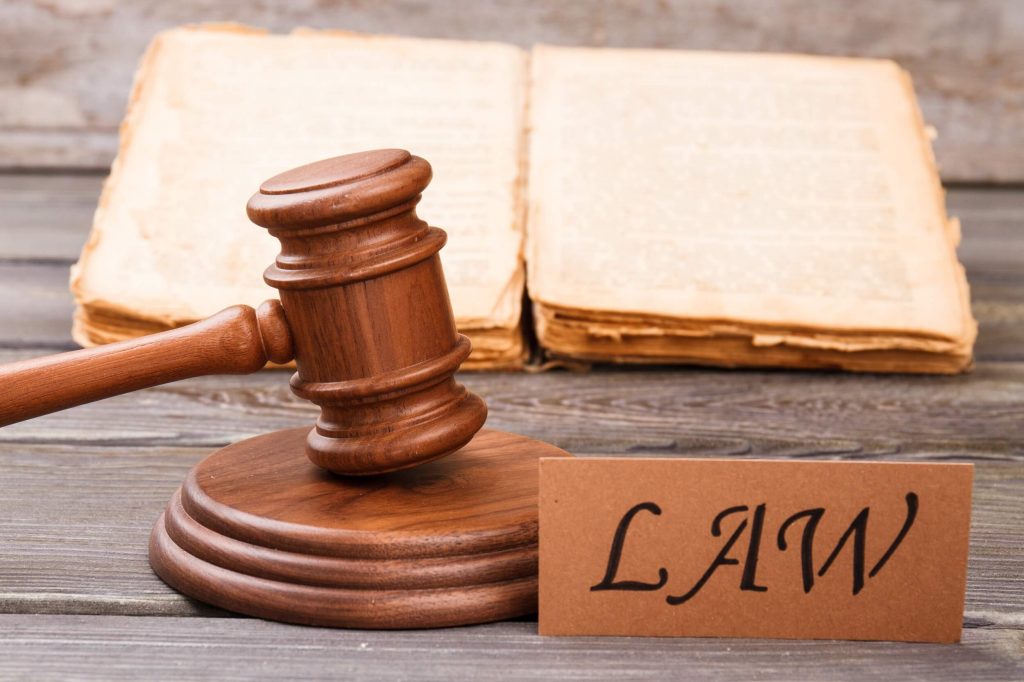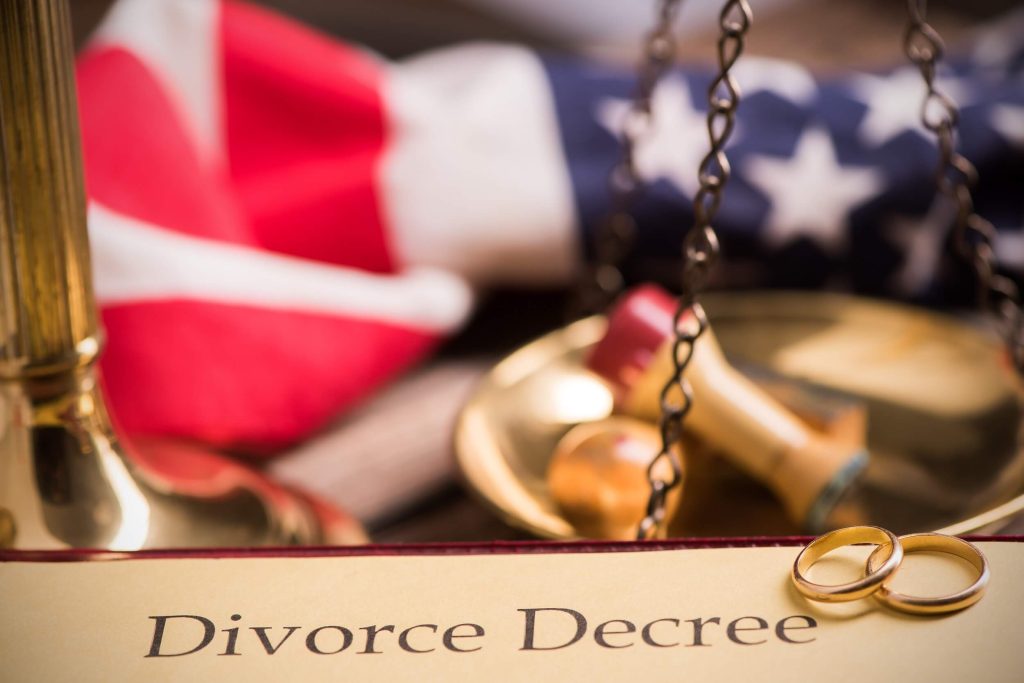Last Updated on January 2026
At the end of the divorce process, judges in Washington State issue a Final Divorce Order, also known as a divorce decree in some other states, to specify the court’s decisions regarding the termination of marital relations and its terms. In this article, we will provide information on where to obtain a divorce decree, how it functions, and when it may be needed.
What Is a Divorce Decree?
A divorce decree, called a Final Divorce Order in Washington State, is a several-page document issued by the court when finalizing the dissolution of marriage. In it, the judge determines the date and terms of divorce, that is, the rights and obligations of both parties after the end of their marital relationship.
Ex-spouses can obtain a certified copy from the county superior court clerk; as of 2026, many counties also offer digitally certified copies via the clerk’s online portal for a small processing fee. You can find the clerk’s office contacts on the official Washington Courts website.
How Does a WA Divorce Decree Work?

The Final Divorce Order clearly defines how ex-spouses should act after the legal divorce process is completed and specifies requirements regarding assets and debts division, fulfillment of responsibilities for the minor children’s upbringing and maintenance under updated 2026 support guidelines, alimony payments, etc.
A final divorce decree is a court order that each spouse must strictly follow. Neglecting its terms may result in legal consequences.
What Information Is Contained in a Divorce Decree?
The document contains data related to all aspects of marriage termination, including child support calculated using the 2026 economic table (which now accounts for combined incomes up to $50,000/month), property distribution, and others. In a divorce decree, the debt collection, house division, and alimony terms are also commonly determined.
Here is a list of the most typical points covered in decrees.
1. Division of Property
Washington is a community property state where judges will divide all marital possessions between spouses in a “just and equitable” way, tending to ensure that each of them receives an approximately equal share. The court will likely not distribute the separate ownership of spouses or assets defined as their own by a prenuptial or postnuptial agreement.
2. Division of Debt
The debt in a divorce will be divided between spouses in the same way as other property. If parties acquire it during their married life, the court will share it between them. If spouses have a mortgage and do not want to continue paying it after a divorce, they can sell the house to pay off the debt. If one of the parties wants to keep it, they can refinance the mortgage to remove the other spouse’s name from the title.
3. Custody and Visitation
Parents must establish a Parenting Plan and Child Support Order that reflect the 2026 Self-Support Reserve of $2,394 and allow for the deduction of mandatory PFML and WA Cares premiums from gross income. They can get joint legal and physical custody and participate equally in the kids’ lives, or either parent can become a sole custodian if the other is unable to look after the children. Then, the non-custodial parent will be able to visit them from time to time.
No matter what the divorce terms are, parties can agree on them independently if they have an uncontested case. In such a situation, their agreement will likely become the basis of a divorce order. Otherwise, the court will decide on each point during a trial.
Why Is Divorce Decree Required in Washington State?

After the dissolution of marriage is finalized, you need to get a copy of the divorce decree; Washington state institutions may require the Final Divorce Order for various reasons.
1. Name Change
If you decide to return to your maiden name after a divorce, you will need a copy of a court order to change your ID card, driver’s license, etc.
2. Remarriage
You will also need a divorce decree to remarry. It will be a confirmation that you are officially divorced and can enter into marriage again.
3. Legal Matters
Since the court order contains detailed information on property division and child custody issues, it will always serve as proof of the judge’s requirements. You may need it when you decide to check whether the other spouse follows it or to enforce its execution.
Can I Modify a Divorce Decree If the Terms Are No Longer Feasible?
If the terms of your divorce order are no longer applicable for any reason or some circumstances prevent its execution, you can potentially ask the judge to review the decision in accordance with new factors. Modification grounds may include a substantial change in circumstances, such as a shift in income, or the new 2026 abatement to $50 per child for parents enrolled in court-ordered behavioral health treatment or facing significant parental incapacitation.
If you are not able to comply with the terms of an existing divorce order, you cannot simply disregard its provisions. The consequences of not following the divorce decree may vary from case to case. To avoid the negative effects of non-compliance with an order, you should request the court to modify it, providing sufficient evidence of changes in circumstances.
Questions About Washington State Divorce Decree

The answers to some of the most common questions about Final Divorce Orders in Washington are provided below.
What Happens if Ex Does Not Follow Divorce Decree?
Failure to comply with a divorce order can result in fines or even imprisonment; it depends on many case-specific circumstances and court decisions.
Can I Modify My Support if My Combined Income Is Over $12,000?
Yes; since the 2026 Economic Table now provides presumptive support amounts for combined incomes up to $50,000, parents with existing “extrapolated” orders can petition for a modification to align with the new standard calculations.
How Long Does a Divorce Decree Last?
In general, a court order does not have an expiration date. It can become invalid if you ask the court to change its terms and the judge issues a new order.
How to Enforce a Divorce Decree?
If your ex-spouse ignores the terms of a final order, you can file a motion for contempt of court with the county clerk’s office for enforcing a divorce decree. The judge can enforce the decree through a contempt proceeding, which may result in wage garnishment – though the law protects the 2026 Self-Support Reserve of $2,394 to ensure the paying parent can still meet their own basic subsistence needs.

Sharon Cruz is a Legal Forms Specialist with over 10 years of experience researching U.S. divorce procedures and court filing requirements. Her work focuses on Washington State divorce law, drawing from publicly available statutes, Superior Court procedures, and official Washington Courts resources. As a former legal assistant, Sharon is the best when it comes to creating practical checklists for couples going through a divorce.
